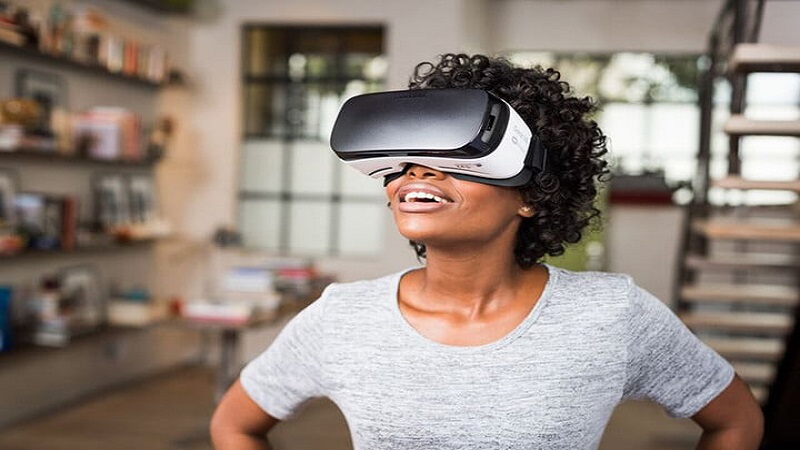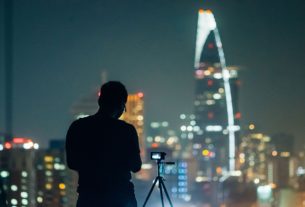In the past, the traditional city tour was a must for tourists. But for example in the Bavarian part of Swabia, it could soon be a thing of the past. The travel region has been listening for several years: Visitors go from point to point with their smartphones. An app plays explanations to castles, churches or alleys – automatically by GPS location. Thus, the guests are independent of dates and opening times.
“We are experiencing a paradigm shift,” says tourism researcher Harald Pechlaner from the Catholic University of Eichstaett-Ingolstadt. With the interactive world of technology, the demands of travelers have changed. “Guests decide for themselves what the experience looks like, and a single, finished product is barely in demand today.”
Guided tours according to a fixed program are less and less suitable for this world. Tourists from 18 routes can choose topics such as witch hunts, Kneipp cures or Roman times at the exploration tours in the Bavarian-Swabian region. A similar offer exists in the Westphalia town of Minden, where Bluetooth beacons activate audio declarations on the smartphone of visitors. And during the QR tour of the towns of Bad Berneck and Goldkronach in the Fichtel Mountains, visitors scan the black-and-white QR codes to retrieve information.
Virtual tours
“We notice that there is an ever greater willingness for holidaymakers to use digital offers,” says Claudia Gilles, the managing director of the German Tourism Association. Even more popular would be trips to virtual reality. In Cologne, visitors can see a video with an animated ride through the old town through a VR glasses on tour in a historic tram. Also, travel agencies and tourist information use VR glasses to show holiday destinations and viewpoints almost as real.
With digitization, not only experiences on the ground are changing, but also the way there. Gilles considers smart applications one of the most important trends. Depending on their preference and situation, they spontaneously suggest excursions and activities for guests – adapted to the weather, for example. “In the past, we filled in the guest with undifferentiated information,” says the expert. Shelves in the hotel foyer, replete with advertising leaflets, would be redundant in the future due to the new technology.
A prerequisite for many digital options is a stable mobile phone reception and fast Internet – often a problem, especially in rural areas. This is criticized by the Federal Association of the German Tourism Industry. The supply must be brought as quickly as possible to a modern and practical level. Otherwise, there is a risk that some regions will be relocated.
A consolation: Sometimes, however, just the abandonment of accessibility is the deciding factor. Digital detox means that guests leave out their devices and engage with the local environment and hosts. Despite all digitalization, “the human remains important in tourism,” says tourism researcher Pechlaner.




